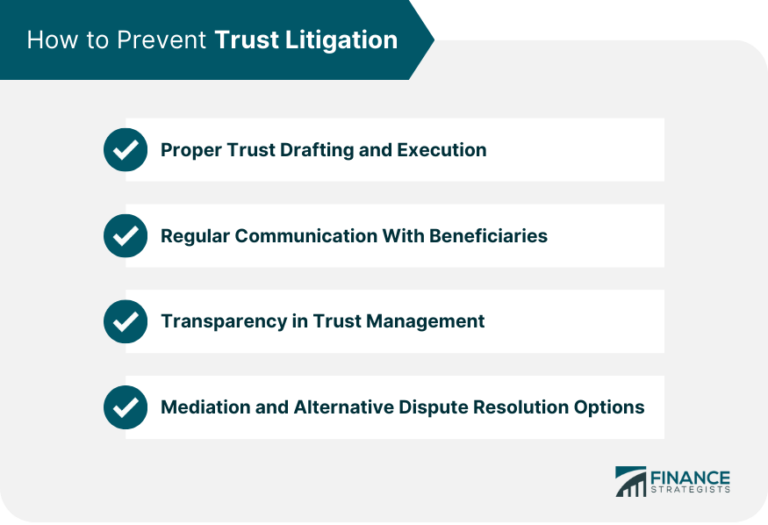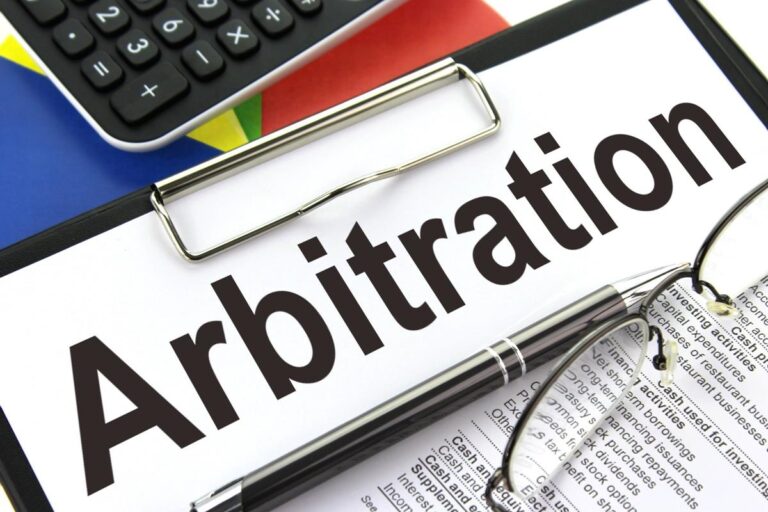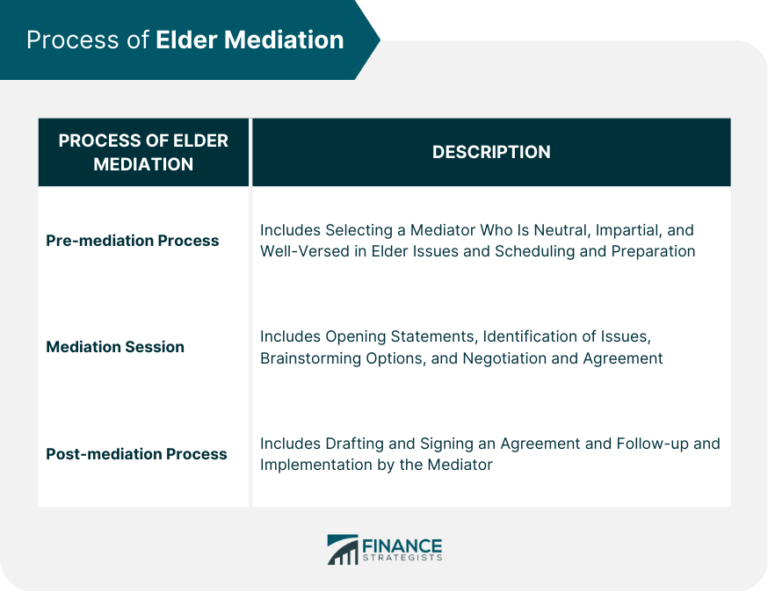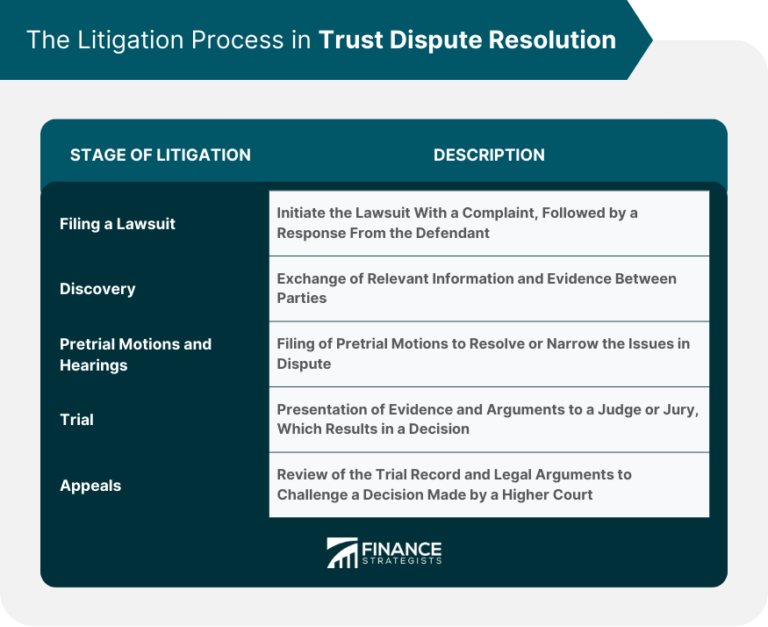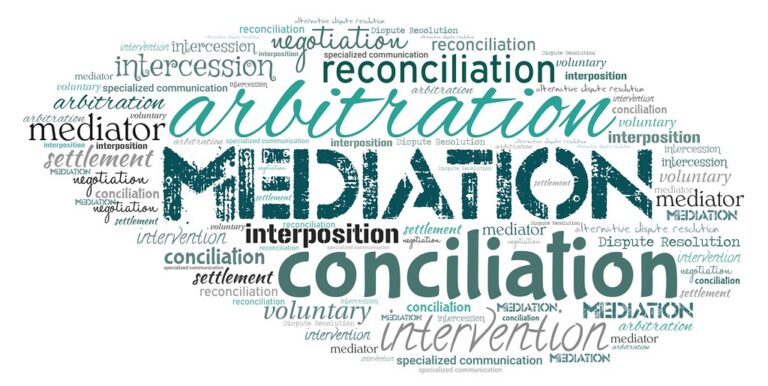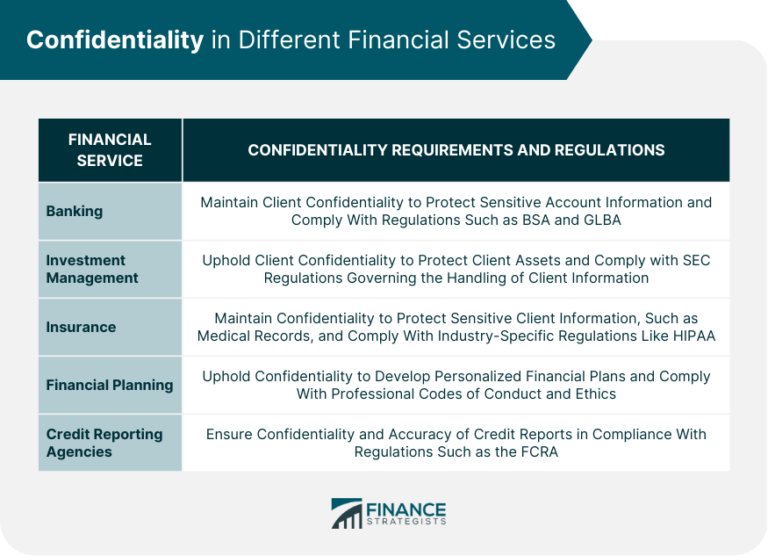Introduction
Definition of mediation
Mediation is a voluntary and confidential process in which a neutral third party, known as the mediator, helps disputing parties to communicate, understand each other’s perspectives, and reach a mutually acceptable resolution. It is a widely recognized method of resolving conflicts and is often used in various settings, including legal disputes, workplace conflicts, and family disputes. Mediation allows parties to have control over the outcome and promotes collaboration and understanding, fostering long-term solutions and preserving relationships.
Importance of effective conflict resolution
Effective conflict resolution is crucial in any organization or personal relationship. It helps to maintain a healthy and productive environment by addressing conflicts in a constructive manner. When conflicts are resolved effectively, it promotes understanding, collaboration, and teamwork among individuals. Additionally, it reduces stress, improves communication, and enhances overall productivity. Without effective conflict resolution, misunderstandings can escalate, leading to damaged relationships and negative consequences. Therefore, it is essential to prioritize and invest in developing mediation techniques for effective conflict resolution.
Overview of mediation techniques
Mediation is a widely used method for resolving conflicts in various settings, including legal disputes, workplace disagreements, and family conflicts. It involves the intervention of a neutral third party, known as a mediator, who helps facilitate communication and negotiation between the parties involved. The goal of mediation is to reach a mutually satisfactory agreement that addresses the underlying issues and allows for a peaceful resolution. By providing a structured and confidential environment, mediation techniques enable participants to express their concerns, explore different perspectives, and work towards finding common ground. This paragraph provides an overview of the mediation techniques that are commonly employed to achieve effective conflict resolution.
Active Listening

Understanding the parties’ perspectives
Understanding the parties’ perspectives is a crucial step in effective conflict resolution. It involves gaining insight into the thoughts, feelings, and motivations of each party involved in the dispute. By understanding the perspectives of all parties, mediators can identify common ground, bridge communication gaps, and facilitate a more productive and collaborative resolution process. This deeper understanding allows mediators to address the underlying issues and interests of each party, leading to more sustainable and satisfactory outcomes. Through active listening, empathy, and open-mindedness, mediators can create an environment that fosters understanding and promotes successful conflict resolution.
Empathizing with the parties’ emotions
Empathizing with the parties’ emotions is a crucial aspect of effective conflict resolution. By understanding and acknowledging the emotions of all parties involved, mediators can create a safe and supportive environment for open communication. This allows individuals to express their feelings and concerns without fear of judgment or retaliation. Empathy helps mediators to connect with the parties on a deeper level, fostering trust and rapport. It also aids in identifying underlying issues and interests that may be driving the conflict. Through empathetic listening and validation, mediators can help parties feel heard and understood, paving the way for a more productive and mutually satisfactory resolution.
Creating a safe and supportive environment
Creating a safe and supportive environment is crucial for effective conflict resolution through mediation. When individuals feel safe and supported, they are more likely to open up and express their concerns and emotions honestly. This allows the mediator to better understand the underlying issues and facilitate a productive conversation. In a safe and supportive environment, participants can actively listen to one another, show empathy, and work towards finding mutually beneficial solutions. Establishing trust and respect among all parties involved is essential in creating such an environment. Mediators can promote a safe space by ensuring confidentiality, encouraging active participation, and fostering a non-judgmental atmosphere. By prioritizing the establishment of a safe and supportive environment, mediators can lay the foundation for successful conflict resolution.
Communication Skills

Effective questioning techniques
Effective questioning techniques play a crucial role in mediation and conflict resolution. By asking the right questions, mediators can encourage parties to reflect on their perspectives, explore underlying interests, and uncover potential solutions. Open-ended questions, for example, can foster productive dialogue and help participants express their thoughts and feelings. On the other hand, closed-ended questions can be used to clarify specific details and gather factual information. By mastering the art of effective questioning, mediators can create a safe and supportive environment where parties can openly communicate and work towards finding mutually beneficial resolutions.
Non-verbal communication cues
Non-verbal communication cues play a crucial role in effective conflict resolution. While verbal communication is important, it is often the non-verbal cues that provide valuable insights into the emotions and intentions of the parties involved. Body language, facial expressions, and gestures can convey a wealth of information that words alone cannot express. Being able to interpret and respond to these non-verbal cues can help mediators better understand the underlying issues and facilitate a more productive and empathetic mediation process. By paying attention to non-verbal communication cues, mediators can create a safe and supportive environment that encourages open dialogue and mutual understanding, ultimately leading to successful conflict resolution.
Active and reflective listening
Active and reflective listening is a crucial skill in mediation and conflict resolution. By actively listening, the mediator can fully understand the concerns and perspectives of each party involved. This involves giving full attention to the speaker, maintaining eye contact, and avoiding interruptions. Reflective listening, on the other hand, involves paraphrasing and summarizing what the speaker has said to ensure accurate understanding. This technique not only helps the mediator gain insight into the underlying issues but also demonstrates empathy and validation to the parties involved. Overall, active and reflective listening promotes effective communication and facilitates the resolution of conflicts in a fair and respectful manner.
Problem-Solving Techniques

Identifying the root causes of the conflict
Identifying the root causes of the conflict is crucial for effective conflict resolution. By understanding the underlying issues that have led to the conflict, mediators can develop strategies and techniques to address them. This involves conducting thorough assessments, gathering information from all parties involved, and analyzing the various factors contributing to the conflict. By identifying the root causes, mediators can help parties gain insights into their own roles and responsibilities in the conflict, fostering a deeper understanding and empathy. Furthermore, this process allows mediators to tailor their approach and interventions to suit the specific needs of the situation, increasing the likelihood of a successful resolution.
Generating creative solutions
Generating creative solutions is a crucial step in effective conflict resolution. It involves thinking outside the box and exploring innovative ideas to find mutually beneficial outcomes. By encouraging open-mindedness and embracing diverse perspectives, this approach fosters a collaborative environment where all parties can contribute their unique insights. Creative solutions often require brainstorming sessions, where individuals can freely share their thoughts and build upon each other’s suggestions. This process not only encourages creativity but also promotes a sense of ownership and commitment to the resolution. Ultimately, generating creative solutions empowers individuals to find innovative ways to address conflicts and achieve long-lasting agreements.
Facilitating compromise and win-win outcomes
Facilitating compromise and win-win outcomes is a crucial aspect of effective conflict resolution. By encouraging open communication and active listening, mediators can help parties involved in a dispute to find common ground and reach mutually beneficial solutions. This involves exploring creative options, brainstorming ideas, and facilitating negotiations that prioritize the interests and needs of all parties. By fostering a collaborative and cooperative environment, mediators can guide individuals towards compromise and win-win outcomes, fostering long-lasting resolutions and maintaining positive relationships.
Building Rapport

Establishing trust and credibility
Establishing trust and credibility is a crucial step in effective conflict resolution. When parties involved in a conflict trust the mediator and perceive them as credible, they are more likely to openly communicate and collaborate towards finding a resolution. Mediators can build trust and credibility by demonstrating empathy, impartiality, and confidentiality. By actively listening to each party’s concerns and treating them with respect, mediators create a safe and supportive environment where conflicts can be addressed constructively. Additionally, mediators should maintain confidentiality, ensuring that all discussions and information shared during the mediation process remain private and protected. By establishing trust and credibility, mediators lay the foundation for successful conflict resolution and foster a positive atmosphere for collaboration and understanding.
Showing respect and empathy
Showing respect and empathy is an essential aspect of effective conflict resolution. When engaging in mediation, it is important to create a safe and non-judgmental environment where all parties feel heard and understood. By actively listening and acknowledging the emotions and perspectives of each individual involved, mediators can foster a sense of respect and empathy. This allows for open and honest communication, which is crucial for finding mutually beneficial solutions and achieving successful conflict resolution. Additionally, demonstrating respect and empathy helps to build trust and rapport among the parties, paving the way for a more collaborative and productive mediation process.
Maintaining neutrality and impartiality
Maintaining neutrality and impartiality is crucial in mediation for effective conflict resolution. As a mediator, it is essential to remain unbiased and not take sides, allowing all parties involved to feel heard and respected. By staying neutral, the mediator can create a safe and supportive environment where open communication can take place. This helps to build trust and encourages the participants to actively engage in the mediation process, increasing the chances of finding a mutually satisfactory resolution. Neutrality and impartiality also contribute to the fairness and legitimacy of the mediation process, ensuring that all parties have an equal opportunity to express their perspectives and concerns. Overall, maintaining neutrality and impartiality is a fundamental principle in mediation that promotes a balanced and constructive approach to resolving conflicts.
Managing Emotions

Recognizing and addressing emotional triggers
Recognizing and addressing emotional triggers is a crucial aspect of effective conflict resolution. Emotions play a significant role in conflicts, often fueling the intensity and prolonging the duration. By being able to identify and understand our own emotional triggers, as well as those of others involved, we can create a more empathetic and constructive approach to resolving conflicts. This involves developing self-awareness, active listening, and empathy towards others’ feelings and perspectives. By acknowledging and addressing emotional triggers, we can create a more conducive environment for open dialogue and collaborative problem-solving, leading to more successful conflict resolution outcomes.
Helping parties manage anger and frustration
When it comes to effective conflict resolution, helping parties manage anger and frustration is crucial. Anger and frustration can often escalate conflicts and hinder productive communication. Mediators play a vital role in creating a safe and supportive environment where parties can express their emotions without fear of judgment or retaliation. By providing techniques and strategies to manage anger and frustration, mediators empower parties to approach conflicts with a calm and rational mindset. This allows for more effective problem-solving and a greater likelihood of reaching a mutually satisfactory resolution.
Promoting emotional healing and closure
Promoting emotional healing and closure is an essential aspect of effective conflict resolution. When conflicts arise, emotions can run high, leading to hurt feelings and unresolved pain. By prioritizing emotional healing and closure, mediators can create a safe and supportive environment for all parties involved. This involves encouraging open and honest communication, actively listening to each person’s perspective, and validating their emotions. Mediators also facilitate the process of forgiveness and reconciliation, allowing individuals to move forward and find closure. By promoting emotional healing and closure, mediators not only resolve conflicts but also foster personal growth and long-lasting peace.
